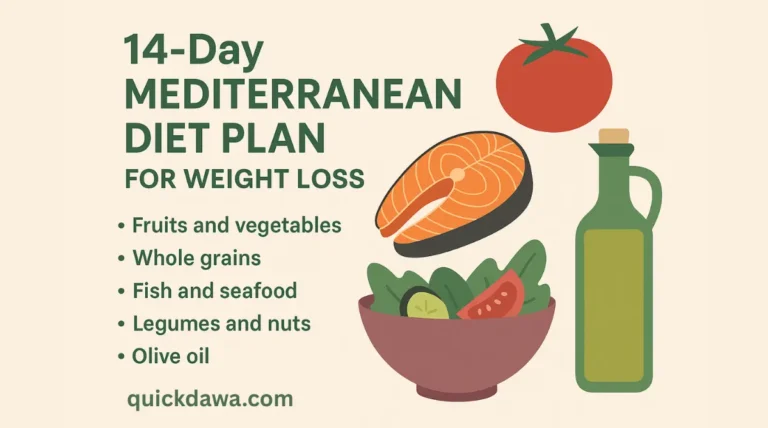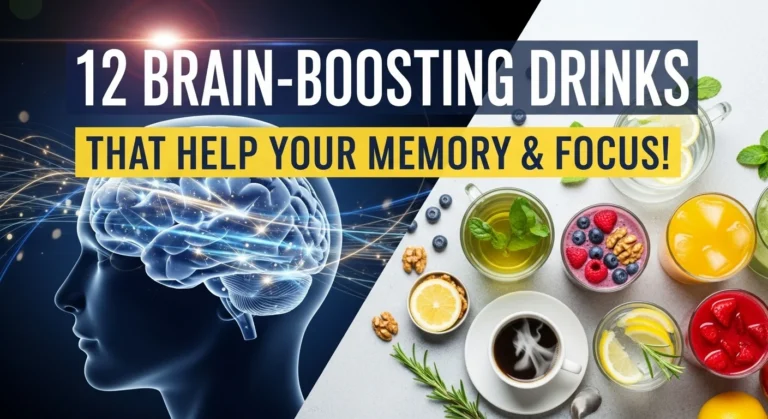Intermittent Fasting – Easy Steps to Lose Weight
Why is Intermittent Fasting So Popular?
Intermittent fasting has gained immense popularity due to its simplicity and effectiveness. People love it because it doesn’t require strict calorie counting or elimination of food groups. Plus, research supports its role in weight loss, improved metabolism, and overall health.
“Eat less often, not less food.” – Jason Fung
Science Behind Intermittent Fasting
>> How Intermittent Fasting Helps in Weight Loss
When you fast, your body exhausts its glycogen stores and begins to burn fat for energy. This process, called ketosis, is key to weight loss. Moreover, fasting reduces calorie intake, leading to a calorie deficit, which is essential for shedding pounds.
>> Impact on Hormones and Metabolism
Intermittent fasting improves hormone regulation, particularly insulin and human growth hormone (HGH). Lower insulin levels promote fat burning, while increased HGH supports muscle growth and fat metabolism.
Different Methods of Intermittent Fasting
>> 16/8 Method
This popular method involves fasting for 16 hours and eating during an 8-hour window. For example, you eat between 12 PM and 8 PM and fast the rest of the day.
>> 5:2 Diet
In this method, you eat normally for five days a week and restrict calorie intake (around 500-600 calories) for two non-consecutive days.
>> Eat-Stop-Eat
This involves fasting for 24 hours once or twice a week. For instance, you might fast from dinner one day to dinner the next day.
>> Alternate Day Fasting
Here, you alternate between fasting days (eating very few calories) and regular eating days.
Health Benefits of Intermittent Fasting
>> Improved Insulin Sensitivity
Intermittent fasting helps stabilize blood sugar levels by improving the body’s sensitivity to insulin, reducing the risk of Type 2 diabetes.
>> Cellular Repair and Longevity
During fasting, the body initiates autophagy, a process where cells remove damaged components, enhancing cellular health and longevity.
>> Reduction in Inflammation
Studies show that fasting reduces markers of inflammation, which is linked to various chronic diseases like heart disease and cancer.
“Let food be thy medicine and medicine be thy food.” – Hippocrates
Easy Steps to Start Intermittent Fasting
>> Choose the Right Method for You
Begin with a method that suits your lifestyle. The 16/8 method is an excellent starting point for beginners due to its simplicity.
>> Start Gradually
Ease into fasting by gradually increasing your fasting hours. For example, begin with a 12-hour fast and work your way up.
>> Focus on Quality Nutrition
During eating periods, prioritize whole, nutrient-dense foods. Include lean proteins, healthy fats, and plenty of vegetables to fuel your body.
Diet Chart for Intermittent Fasting
Here’s a sample diet plan for the 16/8 method:
| Time | Meal | Examples |
|---|---|---|
| 12:00 PM | Break the fast | Omelette with avocado and spinach |
| 3:00 PM | Midday snack | Greek yogurt with berries and nuts |
| 7:30 PM | Dinner | Grilled salmon, quinoa, and steamed veggies |
| 8:00 PM | Start fasting | Hydrate with water or herbal tea |
Common Mistakes to Avoid
>> Overeating During Eating Window
Binging on junk food can negate the benefits of fasting. Stick to balanced, portion-controlled meals.
>> Ignoring Hydration
Fasting can lead to dehydration. Drink plenty of water throughout the day to stay hydrated.
>> Choosing Poor-Quality Foods
Avoid processed and sugary foods. Opt for whole, unprocessed foods to maximize health benefits.
Who Should Avoid Intermittent Fasting?
>> Pregnant and Breastfeeding Women
Fasting may deprive these individuals of essential nutrients needed for their baby’s growth and development.
>> Individuals with Eating Disorders
Those with a history of disordered eating should avoid fasting as it may trigger unhealthy behaviors.
>> Chronic Health Conditions
People with diabetes or other chronic conditions should consult a doctor before starting intermittent fasting.
FAQs
Is Intermittent Fasting Safe?
Yes, for most people. However, it’s always best to consult a healthcare professional before starting.
Can I Exercise While Fasting?
Absolutely! Many people find they perform well during fasted workouts. Start slow and listen to your body.
How Long Does It Take to See Results?
Results vary, but most people notice changes within 2-4 weeks with consistent effort.
Can I Drink Coffee or Tea While Fasting?
Yes, black coffee and unsweetened tea are allowed and can even enhance fasting benefits.
Does Intermittent Fasting Cause Muscle Loss?
Not if you consume enough protein and maintain resistance training during your eating window.






